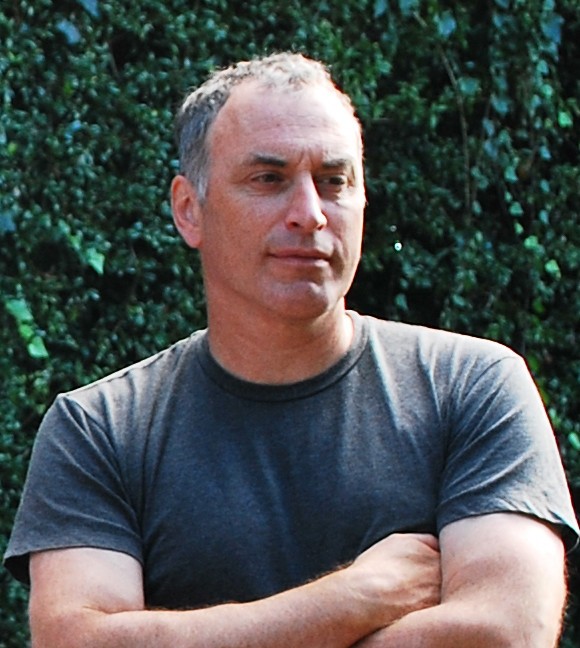Public Rāhui and Road Blocks in Aotearoa:
Navigating Iwi/Hapū Perspectives and Mana Motuhake
During the COVID-19 pandemic there have been wide-spread public debates over public access for walkers, cyclists and vehicles in relation to the land rights and the safety of iwi/hapu (Māori tribes and sub-tribes) in Aotearoa/New Zealand. This includes checkpoints or road blocks set up by iwi/hapu in rural areas to stop the spread of the pandemic (Harris and Williams, 2020; Ngata, 2020), and the ongoing rāhui or temporary ban on all forms of public access in regional conser- vation forests by Te Kawerau ā Maki iwi of Tāmaki Makaurau/Auckland to stop the growth of the ecological pest kauri dieback by visitors. This article reflects on the complexities of these bans by considering public responses to them, including settler politics, discourses of rights and free- doms, and white supermacy. Consideration is given to the perspectives of iwi/hapu themselves and contingent histories (for instance Te Kawerau a Maki, 2020). This is reflected on through mana motuhake (authority, self-determination and agency), alongside Te Tiriti o Waitangi (Māori per- spectives of the Treaty of Waitangi; Orange, 1987; Walker, 2004) and mātauranga Māori (Māori knowledge).
